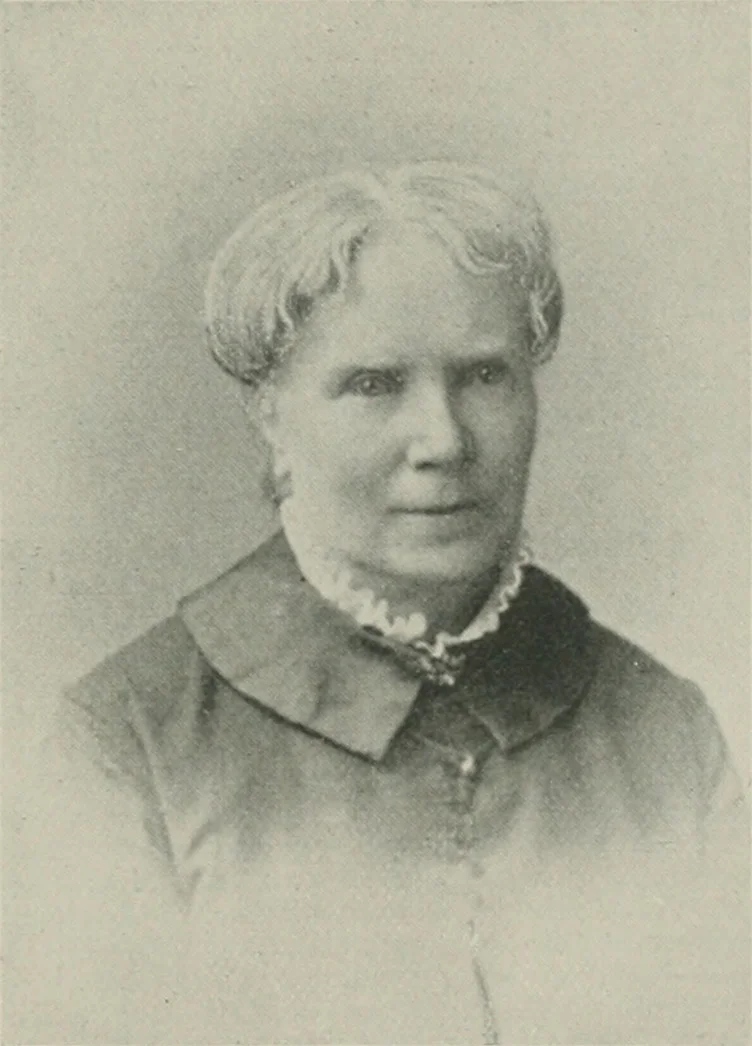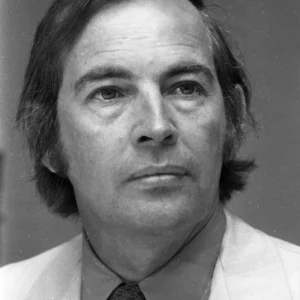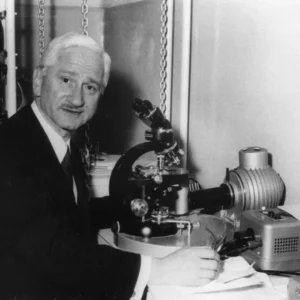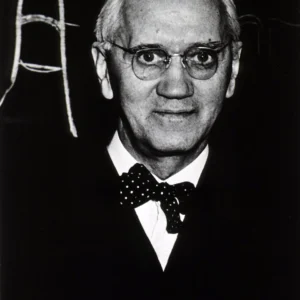Elizabeth Blackwell was a trailblazer who broke through societal barriers to become the first female doctor in the United States. Her journey was marked by perseverance, determination, and a relentless drive to improve medical care and provide opportunities for women in the field. Elizabeth’s legacy continues to inspire and influence countless individuals around the world.
Early Life and Background
Family and Early Values
Elizabeth Blackwell was born on February 3, 1821, in Bristol, England, to Samuel and Hannah Blackwell. Her parents were active in social reform movements, promoting the importance of education and advocating for the abolition of slavery. This progressive environment laid the foundation for Elizabeth’s strong sense of justice and determination to make a difference in the world.
Emigration to the United States
In 1832, the Blackwell family emigrated to the United States, settling in Cincinnati, Ohio. Elizabeth’s father started a sugar refinery business, but unfortunately, he passed away in 1838, leaving the family in financial hardship. Despite these challenges, Elizabeth and her siblings pursued their education passionately, driven by their parents’ values.
Education and Early Influences
Path to Medicine
Elizabeth’s path to medicine was not straightforward. Initially, she worked as a teacher to support her family. Her interest in medicine was piqued when a close friend, suffering from a terminal illness, expressed that her treatment would have been more comfortable under the care of a female physician. This pivotal moment led Elizabeth to pursue a career in medicine, undeterred by the gender barriers of the time.
Medical School
In 1847, after facing numerous rejections from medical schools, Elizabeth was finally accepted into Geneva Medical College in New York. Her admission was a result of the male students voting to accept her, likely as a joke, not realizing the profound impact this decision would have. Elizabeth graduated on January 23, 1849 , becoming the first woman in the United States to earn a medical degree.
Career Highlights
Further Training in Europe
Elizabeth Blackwell’s career was marked by many significant achievements and contributions to the medical field. After completing her studies, she traveled to Europe to further her medical training. She worked at La Maternité in Paris and St. Bartholomew’s Hospital in London, gaining valuable experience and knowledge.
Establishing a Practice in New York
Returning to the United States, Elizabeth faced considerable resistance in establishing her practice. Nonetheless, she persevered and opened a small clinic in New York City in 1851. In 1857, Elizabeth, along with her sister Dr. Emily Blackwell and Dr. Marie Zakrzewska, founded the New York Infirmary for Indigent Women and Children. This institution provided much-needed medical care to the underserved women and children of New York, offering them a place where they felt comfortable and respected.
Major Works and Contributions
Publications and Advocacy
Throughout her career, Elizabeth Blackwell made numerous contributions to the field of medicine and women’s rights. She published several books and articles, sharing her insights and advocating for the medical education of women. One of her notable works, “The Laws of Life with Special Reference to the Physical Education of Girls,” emphasized the importance of health and hygiene, particularly for women.
Women’s Medical College
In 1868, Elizabeth established the Women’s Medical College of the New York Infirmary. The college aimed to provide women with the medical education they needed to become competent and skilled physicians. Many of the graduates went on to become pioneers in the medical field, furthering Elizabeth’s mission of opening the profession to women.
Personal Struggles and Triumphs
Facing Discrimination and Prejudice
Elizabeth’s journey was filled with challenges and obstacles. She faced discrimination and prejudice from her peers, colleagues, and society at large. Many medical institutions refused her entry, and she was often marginalized in her professional environment. Despite these hardships, Elizabeth remained steadfast in her pursuit of her goals.
Upholding Integrity and Principles
One of her significant personal triumphs was her ability to maintain her integrity and principles in the face of adversity. She continuously advocated for women’s education and healthcare reform, never wavering in her commitment to these causes. Her resilience and determination inspired many women to strive for excellence and break down barriers in their chosen fields.
Legacy and Influence
Impact on Women in Medicine
Elizabeth Blackwell’s legacy extends far beyond her lifetime. She not only paved the way for women in medicine but also inspired countless individuals to challenge societal norms and pursue their dreams. Her dedication to medical education and reform had a profound and lasting impact on the field.
New York Infirmary for Women and Children
The New York Infirmary for Women and Children, which she founded, continued to provide essential medical care and training for many years. Elizabeth’s influence also reached international borders, inspiring women across the globe to enter the medical profession and advocate for their rights.
Recognition and Honors
Awards and Acknowledgements
Throughout her life and posthumously, Elizabeth Blackwell received numerous accolades and honors. She was an honorary member of several medical societies and was celebrated for her trailblazing role in the field of medicine. In her hometown of Bristol, England, a blue plaque commemorates her birthplace, recognizing her significant contributions.
Elizabeth Blackwell Medal
Elizabeth’s achievements were also acknowledged in the United States. For instance, the American Medical Women’s Association established the **Elizabeth Blackwell Medal**, awarded annually to a woman who has made significant contributions to the promotion of women in medicine. This medal stands as a testament to Elizabeth’s enduring legacy and her impact on the medical community.
Conclusion
Elizabeth Blackwell’s life is a powerful testament to the impact one individual can make through perseverance, determination, and an unwavering commitment to their ideals. As the first female doctor in the United States, she broke through societal barriers and laid the groundwork for future generations of women in medicine. Her story is an inspiring chapter in the history of medical progress, reminding us that with dedication and resilience, we can overcome obstacles and achieve greatness.



